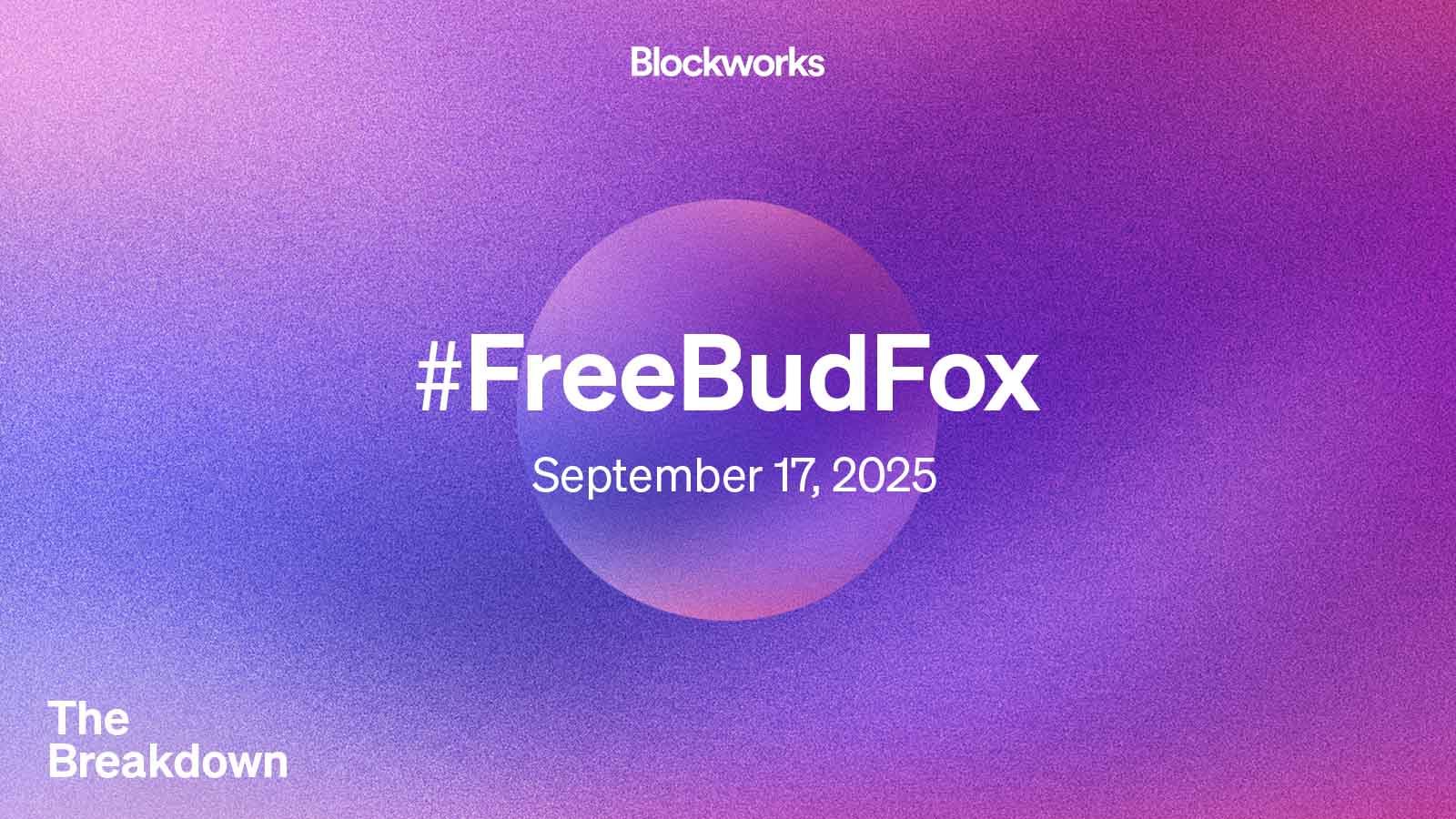Tether Pushes DeFi Frontline With New WDK Template Wallet Demo
TLDR:
- Tether’s WDK wallet demo showed reusable UI components, non-custodial design, and DeFi features ready for integration.
- CEO Paolo Ardoino said WDK supports multi-platform builds across desktop and mobile with strong security audits.
- WDK allows developers to clone, customize, and release wallets with USDT support and DeFi lending and swapping.
- Tether confirmed plans to open source WDK, aiming to provide the backbone for billions of future crypto wallets.
Tether has taken another step into crypto infrastructure with its latest product showcase. The company presented a demo of its WDK Template Wallet, positioning it as a tool for developers and users alike.
The wallet was built to be fully non-custodial, simple to use, and adaptable across platforms. It comes with built-in DeFi support and is undergoing security audits to strengthen trust. The project, according to Tether executives, is expected to become the backbone for a new generation of wallets.
WDK Template Wallet Expands DeFi Tools for Crypto Users
Paolo Ardoino, CEO of Tether, revealed details of the wallet in a post on X. He said the Wallet Development Kit (WDK) provides developers with a template that can be cloned, customized, and deployed quickly to communities. The wallet integrates core DeFi functions such as lending and swapping, aiming to lower barriers for crypto adoption.
The demo showed that the wallet supports Tether’s USDT and USDT0 while enabling flexible seed backup strategies. Ardoino emphasized that these options simplify onboarding without sacrificing control, ensuring users keep custody of their funds. He added that the interface was designed with reusable UI components for faster development cycles.
The WDK Template Wallet also brings compatibility across platforms. Ardoino confirmed it can run on both desktop and mobile operating systems. This cross-platform support was described as central to Tether’s approach, making wallet deployment scalable for global projects.
Tether stated on its official wallet site that the WDK will soon be open source. Once released, it will allow developers worldwide to adapt the kit, enabling custom wallets that embed DeFi tools directly. The company described this move as part of its plan to provide the framework for billions of wallets.
Non-Custodial Security and Developer Access in Focus
Security was another focus in the WDK presentation. According to Tether, the wallet has already undergone auditing, with an emphasis on strengthening protection at the code level. By offering non-custodial control, the kit removes reliance on third parties, a key requirement for many crypto communities.
The project also offers flexibility for developers building at different scales. Ardoino explained that teams can fork the template, add specific branding or functions, and publish directly to their audiences. This reduces development time while ensuring the wallet maintains audited security layers.
The integration of USDT into the kit highlights Tether’s intent to keep its stablecoin at the core of DeFi expansion. With USDT already serving as the most traded stablecoin, embedding it natively in developer wallets gives projects an immediate on-ramp to liquidity.
The official Tether wallet portal confirmed that this initiative will evolve in stages, with the open-source release marking a key milestone. Developers are expected to begin testing broader integrations once the codebase is made public. For Tether, the WDK is being positioned as a building block for future growth in digital finance.
The post Tether Pushes DeFi Frontline With New WDK Template Wallet Demo appeared first on Blockonomi.
You May Also Like

Let insiders trade – Blockworks

Italy passes law on AI outlining privacy and child access
